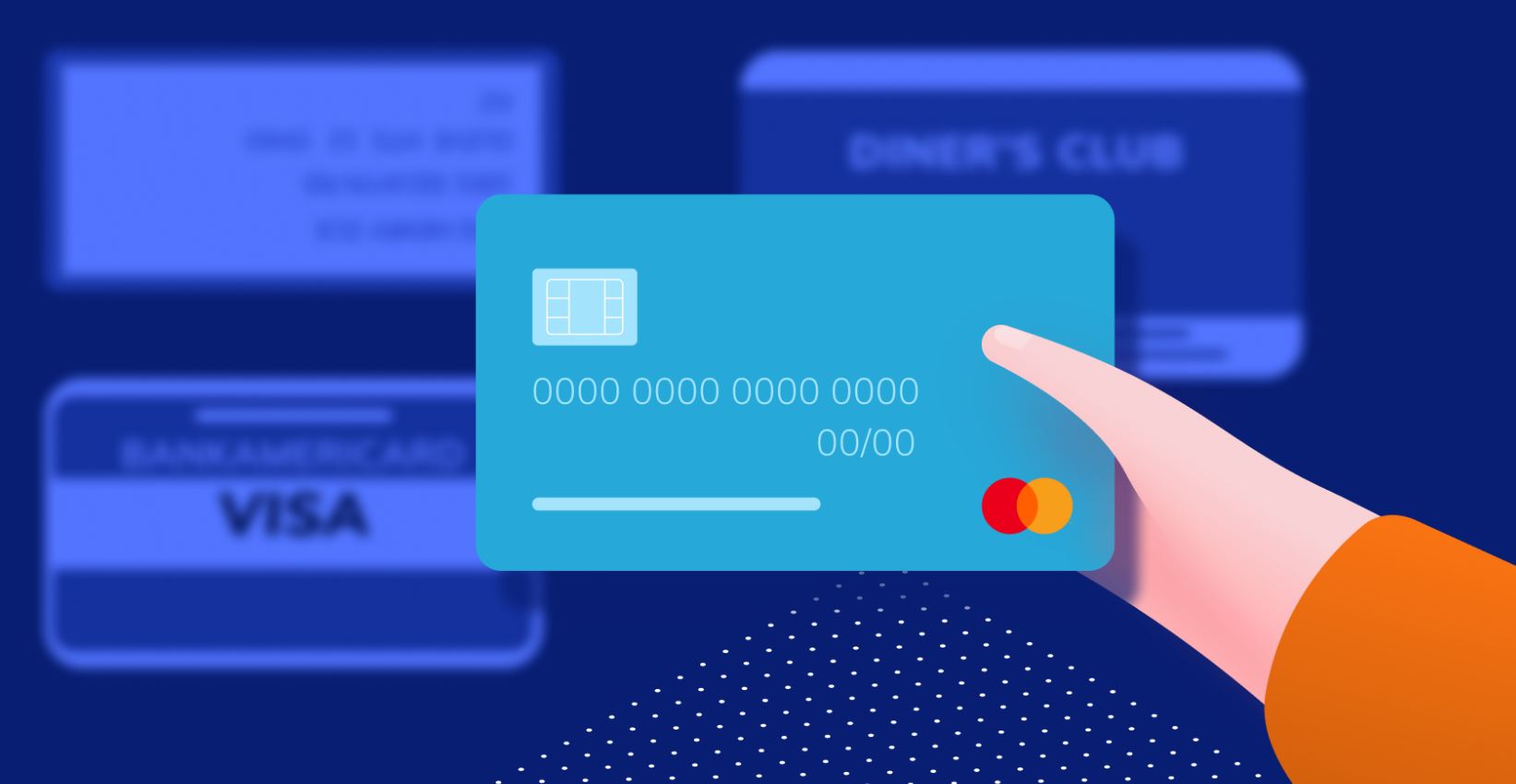 May 16, 2025
May 16, 2025
The way Filipinos handle their money and pay for things has changed over the years. It wasn’t that long ago when carrying cash was the standard. Now, we’ve watched a steady and quite amazing credit card evolution happen in the Philippines. What used to be just a tool for a few has become something many more people can access, fitting right into our daily lives.
Looking ahead in 2025, knowing about this progress and figuring out the best ways to use these tools is more important than ever. Credit cards bring convenience, security, and chances to benefit, but getting the most out of them and handling them properly is key to keeping your finances healthy.
A Look Back at the Evolution of Credit Cards
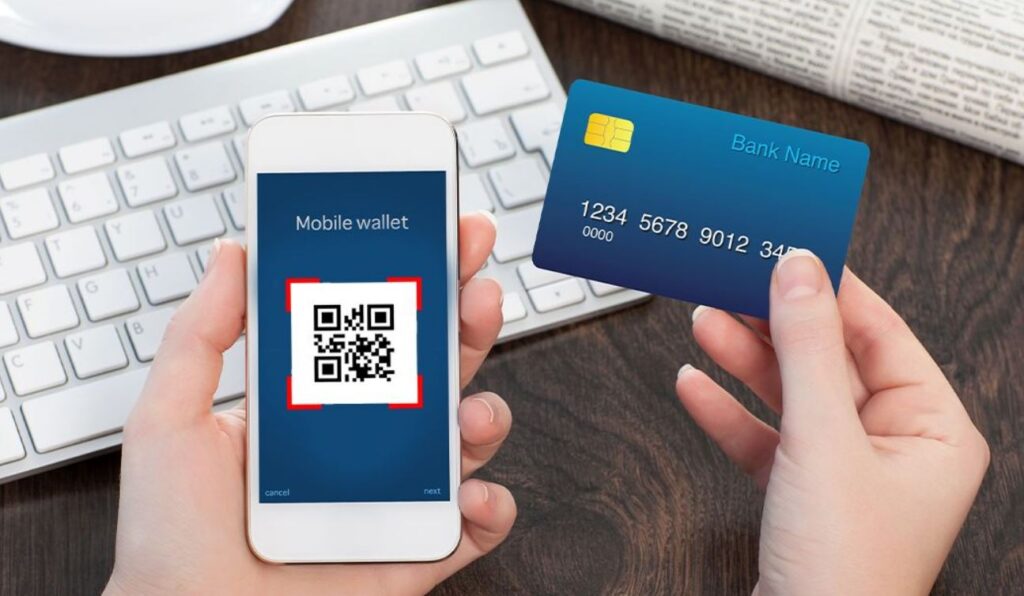
Tracing the history of credit cards in the country shows an interesting change. When they first came out, credit cards were mostly for wealthy people, used in upscale places or when traveling abroad. Getting one often meant a lot of paperwork and waiting a long time for approval. Having a credit card was, for many, more of a sign of status than just a regular way to pay.
Banks slowly started offering credit card products to more people. As the economy grew and more Filipinos got formal jobs, people needed easier ways to pay for things. During this time, banks expanded the credit cards they offered, although it was still quite strict to qualify compared to how it is now.
Things shifted with the start of the digital age. The internet and mobile phones completely changed how banking and payments worked. Applying online became possible, making the process much smoother and credit cards easier for more people to get. This move to digital also opened the door for different kinds of cards and benefits, going beyond just a simple line of credit.
Today, things are completely different. Millions of Filipinos now have credit cards, with 11.8 million credit cards issued in the Philippines as of the first quarter of 2023. Credit cards have evolved to be used for all sorts of things—buying online, paying bills, and even for everyday shopping like groceries or rides. The market has lots more variety, with cards designed for different needs and how people like to spend.
Credit Cards in 2025
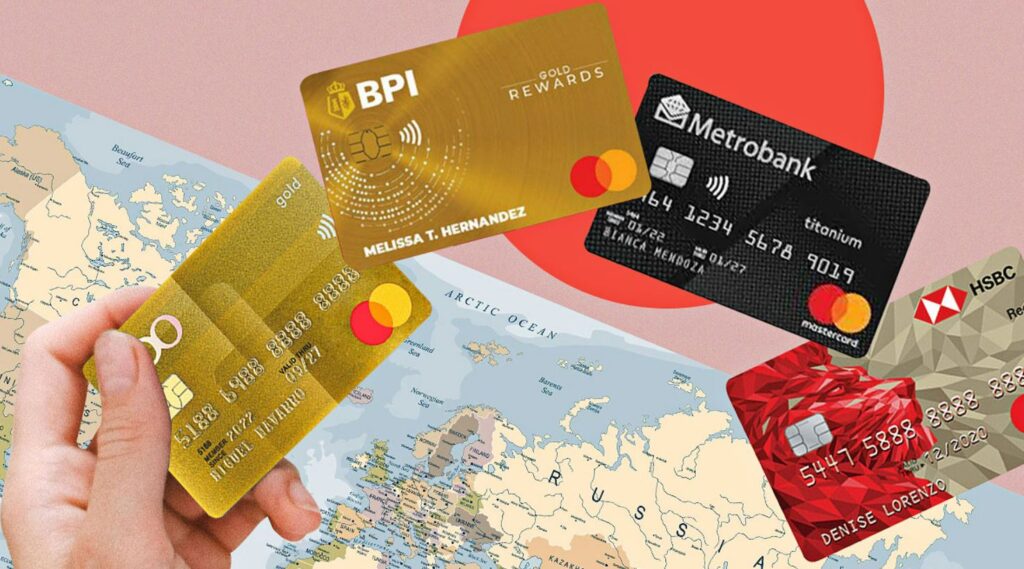
As we settle into 2025, the credit card scene in the Philippines continues to grow and get more innovative. Financial technology, or Fintech, plays a big part, bringing in new features and making transactions faster and more convenient. We’re seeing them connect more with digital wallets and payment apps, giving us more flexibility in how we use our cards.
Issuing banks are also working on making their products better so they can offer you more. This means you’ll likely see more offers that seem designed just for you, stronger security features, and services that work great online or on your phone first. Getting a credit card can often be done completely through the internet now, and for many applicants, it doesn’t take as long to get approved. This easier access helps more Filipinos get connected to the official financial system.
Even with all this progress, there are still challenges, especially when it comes to knowing how credit works and using it responsibly. While it’s easier to get access to credit now, knowing how to handle it well is important so you don’t end up struggling with debt.
Credit Card Tips for the Year Ahead
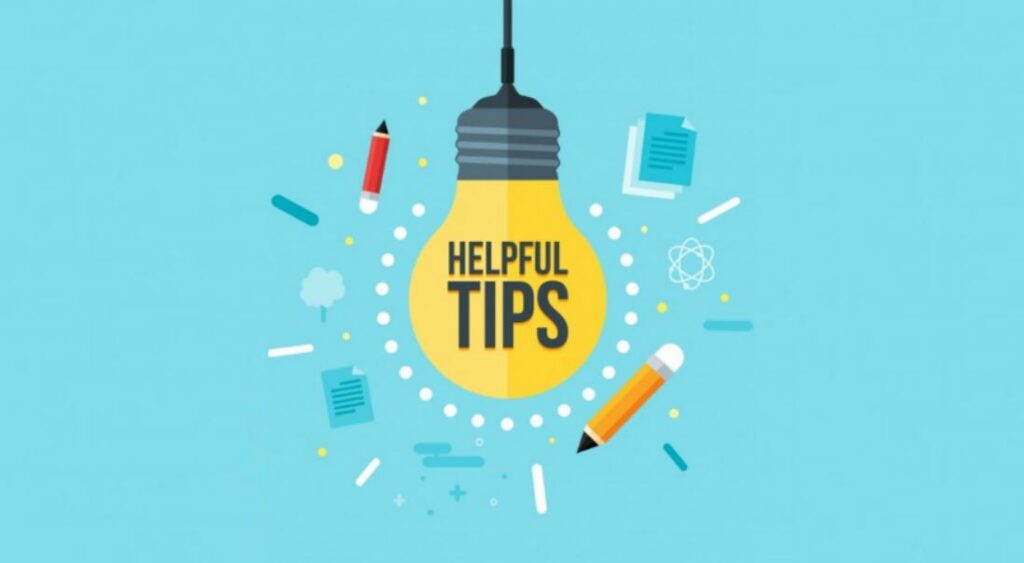
Using a credit card smartly can open up convenience, rewards, and help you build a more secure financial future. However, it does take some thought and self-control.
Here are some helpful credit card tips to keep in mind as you use your credit cards:
1. Know Your Card Inside and Out
Don’t just tap or swipe your card without knowing how it actually works. Take time to read through the terms and conditions. Get familiar with your credit limit, the annual percentage rate (APR), any fees you might be charged (like yearly fees, late payment fees, or fees if you go over your limit), and when your payment is due each month.
Knowing these details helps you avoid any surprises and use your card in a way that benefits you. For example, if your card has a high interest rate, it’s even more important to make sure you pay off your full balance every month.
2. Budget Before You Spend
Think of your credit card as a way to pay for things you’ve already decided to buy, not like extra money you suddenly have. Only charge what you are sure you can pay back, and it’s best to aim to pay it all off before the next due date.
Set up a budget and keep track of what you spend so you know you’re not going overboard. Spending more than you can repay is one of the quickest ways to find yourself in debt trouble. Using banking apps on your phone or simple budgeting tools can be a great credit card tip in watching your credit card spending as it happens.
3. Pay Your Balance in Full, On Time
This is arguably the most important tip on responsible credit card use. Paying your full statement balance by the due date means you avoid interest charges altogether. Credit card interest rates can be high, and simply paying the minimum amount due can lead to a ballooning debt that takes years to pay off.
If you consistently pay in full, you build a good payment history and maintain a healthy credit utilization ratio, both of which positively impact your credit score.
4. Understand Interest and Fees
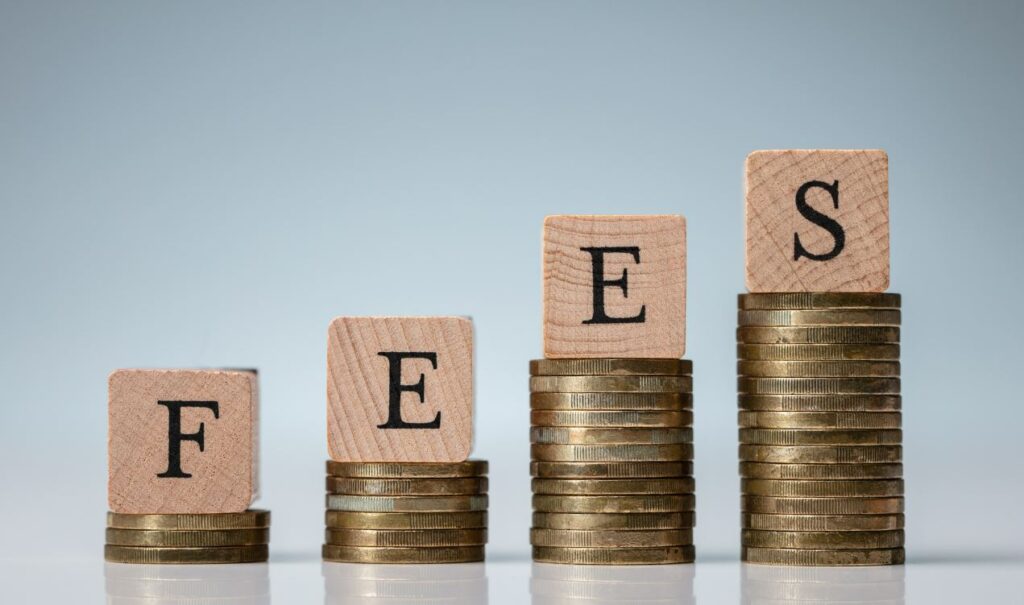
If you can’t pay your balance in full, you will be charged interest on the remaining amount. This is where understanding your card’s APR is critical. Finance charges can accumulate, making it expensive to carry a balance.
Another credit card tip is to be mindful of fees. Late payment fees can add up quickly, and exceeding your credit limit can also incur charges. If you’re looking for ways to save on costs, you might want to explore options like credit cards with no annual fees. These cards can help reduce the yearly expense associated with card ownership, freeing up funds for other financial goals.
5. Keep Your Credit Utilization Low
Credit utilization ratio is the amount used compared to your total available credit. A low ratio (ideally below 30%) is good for your credit score. Maxing out your card or using a large percentage of your limit signals to lenders that you might be a higher credit risk. Even if you pay in full, a high utilization ratio during the billing cycle can negatively affect your score.
6. Use Rewards and Benefits Wisely
For those who enjoy getting a little something back on their spending, looking into credit card rewards can be a great way to see what’s available. Many credit cards offer rewards like points, cashback, air miles, or discounts. These perks can provide real value, but only if you use them strategically.
Another piece of credit card advice: don’t overspend just to earn rewards. Focus on using your card for planned expenses and redeem your rewards for things you actually need or value. Similarly, if you prefer direct savings, cashback credit cards might be your preferred option, offering a percentage of your spending back to you.
7. Don’t Apply for Too Many Cards at Once
While it might be tempting to sign up for multiple cards to chase different rewards or introductory offers, applying for several credit cards in a short period can hurt your credit score. Each application typically results in a hard inquiry on your credit report.
Apply for new credit only when you genuinely need it and after researching to find the best fit for your spending habits and financial goals. When you’re trying to figure out which one is the best fit for you, it helps to look at the many credit card options available.
8. Monitor Your Statements Regularly
Review your credit card statement each month as soon as it arrives. Check for any unauthorized transactions or errors. If you spot anything suspicious on your credit card statement, the best recommendation is to report it to your bank immediately. Banks have procedures in place to investigate fraudulent activity, but prompt reporting is crucial. Regularly reviewing statements also helps you keep track of your spending and ensure you’re within budget.
9. Protect Your Card Information
Be vigilant about protecting your credit card details. Never share your card number, expiry date, CVV, or One-Time PIN (OTP) with anyone over the phone, email, or text message, unless you initiated the transaction with a trusted merchant. Be cautious of phishing attempts. When shopping online, ensure the website is secure (look for “https” in the URL). Use strong, unique passwords for your online banking and credit card accounts.
10. Be Mindful of Using Your Card Abroad
If you travel internationally, an important credit card tip is to be aware of foreign transaction fees. These are often a percentage of your purchase amount and can add up quickly. Some cards waive foreign transaction fees, making them ideal for travel. Inform your bank of your travel dates to avoid your card being flagged for suspicious activity.
11. Use Installment Plans Cautiously
Many merchants and banks offer installment plans for larger purchases, allowing you to pay over several months, sometimes at 0% interest. While this can be helpful for managing big expenses, ensure you understand the terms. Missing an installment payment can result in significant penalties and interest charges. Factor installment payments into your budget to avoid overcommitment.
12. Build a Credit History Responsibly
For those just starting out with credit, using a credit card responsibly is a foundational advice for building a positive credit history. This history is used by lenders, landlords, and even some employers to assess your financial trustworthiness. Making timely payments and keeping utilization low demonstrates responsible financial behavior.
If you’re new to credit, finding information on credit cards for beginners can guide you through the basics and set you on the right path.
13. Have a Plan for Debt, Just in Case
Despite your best efforts, sometimes unexpected circumstances arise that might make it difficult to pay your full balance. If you find yourself in this situation, contact your bank as soon as possible. Don’t wait until you miss a payment. Banks may offer options like payment plans or debt restructuring. Ignoring the problem will only make it worse due to accumulating interest and fees.
14. Be Wary of Cash Advances
Taking a cash advance from your credit card is essentially taking out a short-term loan with high fees and interest rates that usually start accruing immediately. A good credit card tip is to avoid cash advances unless it’s an absolute emergency.
15. Review Your Credit Report
Periodically check your credit report from the Credit Information Corporation (CIC). This report summarizes your borrowing and payment history. Reviewing it helps you spot any errors and understand your credit standing. A good credit report is essential for getting approved for loans, mortgages, and other financial products in the future.
The Future of Credit Cards Is Here. Are You Prepared?
We’ve seen how credit cards in the Philippines have transformed over the years, becoming a common part of how we handle our finances and make purchases. With so many options available now, and more changes expected in 2025 and beyond, knowing how to choose and use the right card is more important than ever.
This is where Cards.ph comes in. We understand that with all the different banks and types of cards out there—each with its own set of features, rewards, and fees—finding the one that truly suits you can feel a bit overwhelming. Cards.ph is your go-to place for navigating your credit card tips and options here in the Philippines. Explore our guides and discover the right card for you today!